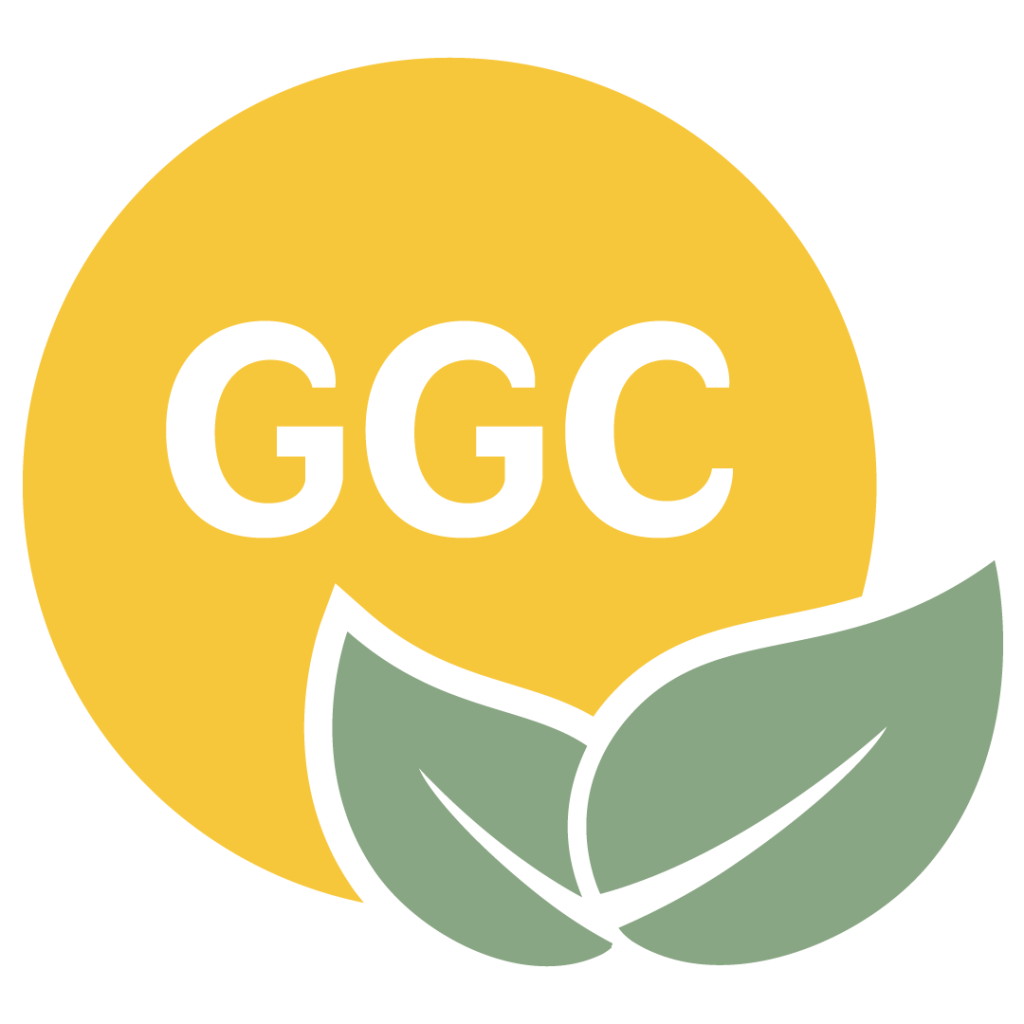On June 13-15, we had the amazing opportunity to participate in the Folkemødet festival, a vibrant celebration of sustainability, innovation, and community in the heart of Bornholm, a Danish island. The Growing Green Communities project was represented by a very diverse group of people, including: Bent Egberg Mikkelsen, University of Copenhagen (Denmark) Lorena Torres, Crossing Borders, Advisory Board member (Ecuador/Denmark) Pearl Utuk, Teach the Child, Crossing Borders’ partner (Nigeria) Oussama Elsayed, ESC Volunteer at Crossing Borders (Palestine-Lebanon) Preparing for the Panel Discussion The panel, titled “Youth-Based Solutions for Future Food Systems – Insights from Growing Green Communities and SESAM School Projects,” addressed the urgent need for food systems transformation. Food systems are responsible for approximately one-third of human-made climate impacts and play a significant role in nearly half of the Sustainable Development Goals (SDGs). The design of future food systems will profoundly impact achieving the 2030 and 2050 goals. This is where the voices of young people become crucial. During this panel, we explored how food systems literacy can be integrated into SDG education. We also heard insights from Nigeria regarding localizing SDGs. We discussed how young people can benefit not only in terms of their education but also by contributing to the development of new solutions for transforming food systems. Our focus was on the transition to plant-based diets and the reduction of red meat consumption. We drew on insights from the Growing Green Communities project, which has been implemented in schools across six European countries, and the SESAM project, which is currently running in six Danish schools. The Panel Experience On the day of the panel, the energy was palpable. The festival grounds were buzzing with excitement, and the session was packed with attendees eager to learn and engage. The discussion was dynamic, with each panelist bringing a unique perspective to the table. The panel was moderated by Lorena Torres, and the panelists were: Bent Egberg Mikkelsen, professor at the University of Copenhagen, SESAM coordinator, and Growing Green Communities project partner Niklas Winsten, teacher and FoodLab coordinator at Kokkedal School Pearl Utuk, Crossing Borders and Teach the Child, Nigeria Olivia Jensen, pupil, Kokkedal SESAM team & FoodLab We talked about the importance of community involvement in sustainability projects and highlighted how simple actions, like urban gardening and waste reduction initiatives, could foster a sense of ownership and responsibility towards our environment. The audience’s enthusiasm and thoughtful questions made the experience enriching and validated the significance of sharing practical solutions and success stories. Hosting the Workshop Before the panel, a workshop was conducted on “Plant-based Food Consumption.” On Thursday, June 13, a full-day workshop was held at the school, bringing together participants from two different schools. The focus of the workshop was to explore how a transition to a plant-based diet can be effectively implemented in educational settings and to develop appropriate educational materials to support this change. As part of the program, participants visited the Folkemødet festival to gather advice and insights from attendees. Key Takeaways The festival experience was a reminder of the power of community and collaboration in driving sustainable change. Here are a few key takeaways from our time at the Folkemødet Festival: Community Engagement is Crucial: Sustainable initiatives thrive when communities are actively involved. The panel and workshop highlighted the importance of fostering a sense of community ownership in sustainability projects. Knowledge Sharing is Empowering: Sharing knowledge and experiences not only educates others but also inspires action. The festival provided a platform for exchanging ideas and learning from one another. Small Actions Lead to Big Changes: The workshop participants’ enthusiasm for urban gardening showed that small, individual actions could collectively contribute to a significant environmental impact. Stay Curious and Open-Minded: Festivals like these are melting pots of ideas and innovations. Staying curious and open-minded allows for growth and the discovery of new ways to approach sustainability challenges. Moving Forward Participating in the Folkemødet festival was an inspiring and invigorating experience. We are excited to take the insights and connections gained from the festival and continue working towards a more sustainable future. We encourage everyone to seek out opportunities to engage in their communities, share their knowledge, and participate in events that promote positive change. Together, we can create a brighter and more sustainable tomorrow. Stay tuned for more updates and insights on sustainable living and community initiatives.










